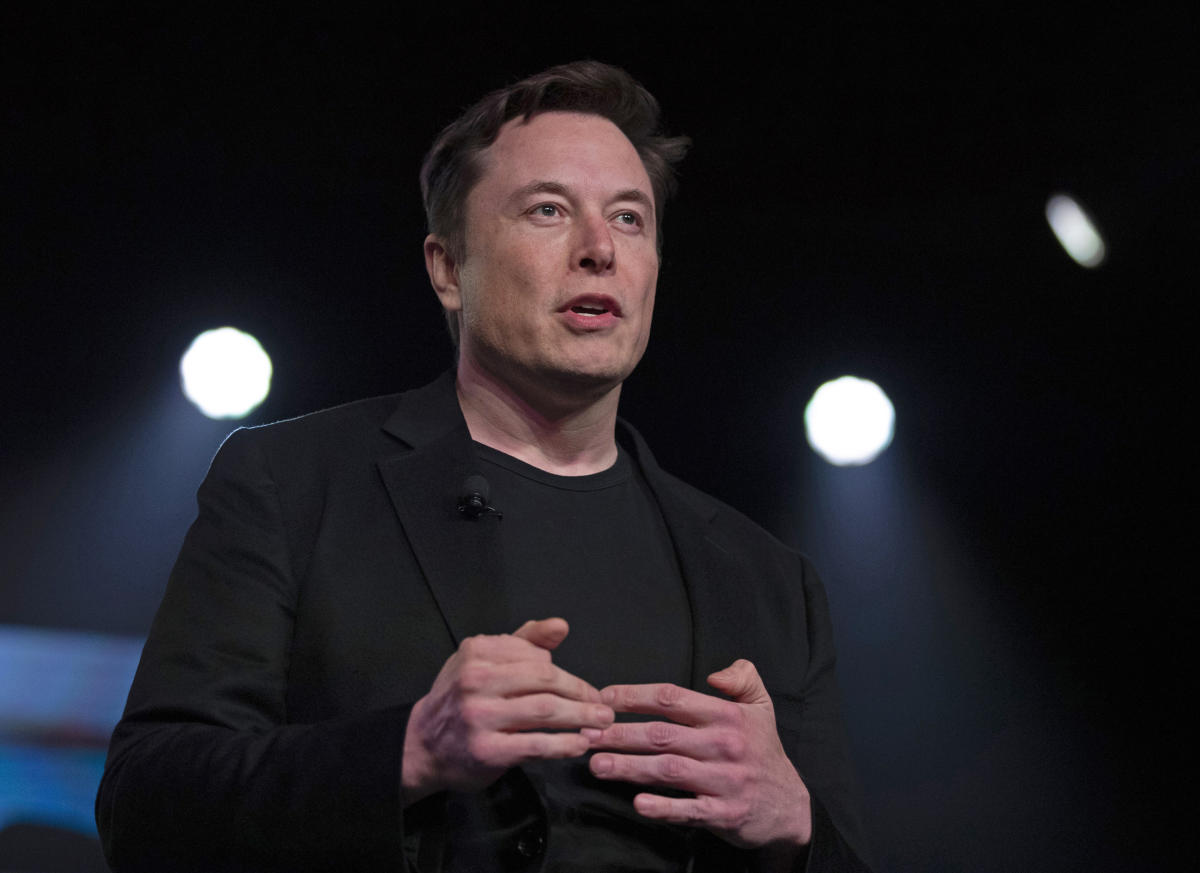As Tesla car sales faltered, Musk delivered an optimistic pivot: Tesla isn’t a car company.
This is a decent summary of the earnings call. The car sales were down and boring. Elon didn’t like talking about those. Instead, the bulk of the earnings call was on Robotaxis, AI, and Optimus (bipedal robot).
Yes, a throwaway line on Model 2 was also mentioned, but its unclear what the specific plans for that are. Cybertruck and Tesla Semi were also discussed, but not Roadster.


Tesla should have transitioned and specialized into manufacturing EV batteries and related parts for real car manufacturers, while they still had a notable headstart and technological advantage in this. Because they always sucked at making cars.
Instead of that Musk decided to waste all their resources into the cybertruck, which is a terrible and niche product that will lose them money. And now Musk is trying to give himself a $56Bn paycheck while firing employees.
“resources into the *wankpanzer” Fify.
There’s an entire legion of dead battery companies (ex: A123, now acquired by some Chinese company) in the 2010s. A123 was the company making the batteries for the Chevy Spark EV, for example.
I don’t think pointing out the (now virtually dead) US Battery supplier market is where you want to go.
Note: cells and batteries are different. Tesla has fine battery tech (overrated, but fine). “Cells” are purchased from Panasonic or CATL. Cells are chemistry, batteries are electronics (hooking cells together and having safety computers balancing voltages, currents, and other attributes).
Tesla did dip into 4680 cells / chemistry, but has basically failed at it so far. Only their batteries (ie: buying Panasonic or CATL and then putting them together) has been successful. But that’s where many other companies came and died in 2010s in practice.
Did they ever have a big technology advantage in batteries? I was under the impression that while they package them a lot like the cells itself are coming from other companies like Panasonic. And I don’t think they ever had an advantage in quality of car parts.
They might have had (or still have) an advantage in software, but there they are not just competing with other car manufacturers, but also apple and Google.
And as far as self driving goes, there they imo don’t seem to have ever had a real lead. They only overpromised. Google with waymo or Mercedes among others are as far, if not further along in this regard.
Imo they have/had three distinctive advantages:
First mover advantage. Simple as that, they were the first to fully commit. But by now that doesn’t count for anything anymore.
No burdens in terms of legacy ICE business. This imo is the big difference that allowed them to rise in the first place. Just as kodak in the past didn’t go ahead with digital cameras, the established car manufacturers didn’t want to eat into their own lucrative sales and what they already have. If they wanted to I am certain that the likes of VW or BMW (or anyone else really) could have made the same or better EVs than tesla at the time.
Their charging network. That’s currently what imo still makes all the difference. Question is whether this can be maintained or eventually will go away. I am betting (and hoping) that eventually charging will be fully vendor agnostic (and without subscriptions and other shenanigans).